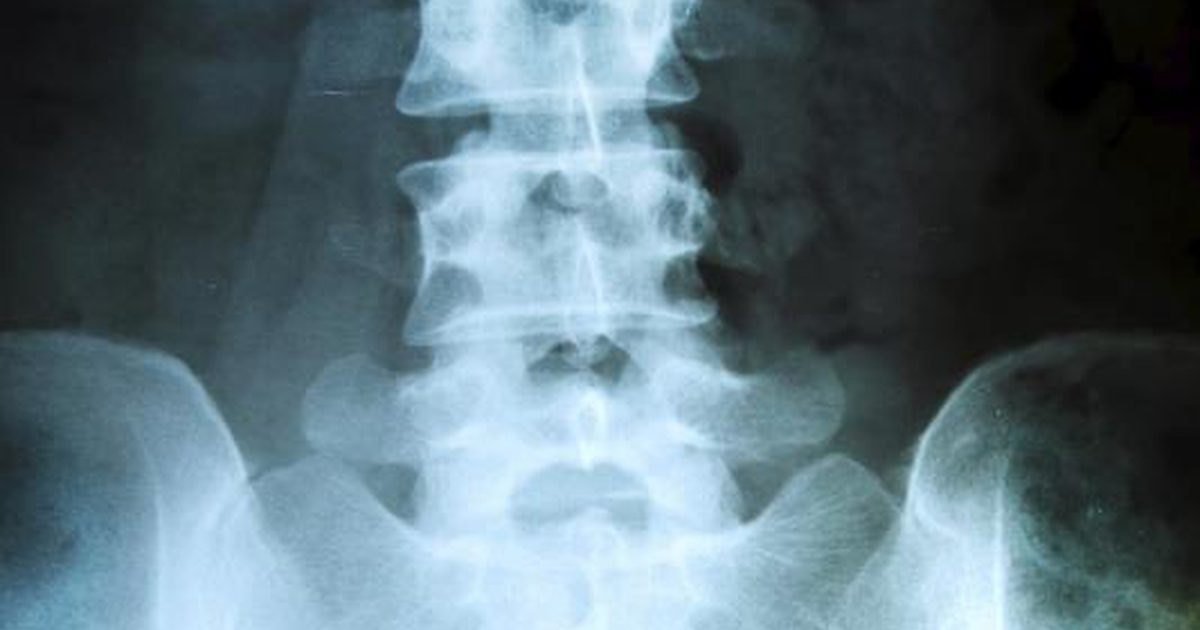Guide To Effective Stickler Syndrome Treatment
Stickler syndrome is the name for a group of genetic conditions that cause joint problems, eye abnormalities, hearing loss, and a distinctive facial appearance. The symptoms vary widely among affected patients. In individuals with Stickler syndrome, the facial appearance tends to be somewhat flattened because the bones in the middle of the face are underdeveloped.
Patients may have difficulty with breathing and feeding due to the placement of their tongue, a smaller-than-average lower jaw, and a cleft palate. Many individuals have serious nearsightedness. Patients also have varying degrees of hearing loss, which can sometimes be progressive. There are a number of ways to treat the symptoms of Stickler syndrome.
Wearing Hearing Aids

Stickler syndrome is caused by mutations to a few different collagen genes. These cause the body not to produce collagen and collagen-related structures properly. Not every patient with Stickler syndrome experiences hearing loss or hearing impairment, though one study found about sixty-three percent of patients reported hearing loss. The majority of patients with hearing loss were young or also had a cleft palate.
Wearing hearing aids may help with hearing loss. There is a wide range of hearing aid options available. Every hearing aid is powered with a battery, and the majority of the ones on the market are digital. The hearing aid uses small microphones to collect environmental sounds, which are then converted into code. The machine adjusts the sound based on the patient's needs and the current environment, then turns the sound back into sound waves.
Tracheostomy

A tracheostomy is a surgical procedure that creates an opening into the trachea through the neck. In most cases, a tube is inserted to create an airway and remove lung secretions. The procedure happens under general anesthesia except in situations where there are emergency circumstances. Infants with Stickler syndrome may need this procedure done when they have the Robin sequence, which involves a number of abnormalities like a small lower jaw, a tongue placed too far back, and airway blockage.
The majority of patients with this sequence also have a cleft palate. This surgery is necessary when an infant's airways become blocked because of the arrangement of their facial features. The tongue can drop toward the back of the throat, leading to constriction of the airway.
Speech Therapy

Speech therapy is generally recommended for Stickler syndrome patients with significant hearing loss. Hearing loss can keep a child from learning how to pronounce different sounds, since they can't hear them clearly. When a child has a significant hearing impairment, it may also be helpful for the family to learn sign language to facilitate better communication. A speech therapist will have a master's degree at the very least, and must get a specific license to practice. Speech therapists help children with Stickler syndrome learn to pronounce words. They also help children with a number of different learning and language disabilities.
Corrective Spinal Surgeries

Some children with Stickler syndrome will develop an abnormal curve to their spines. These may be similar to those seen in patients with kyphosis and scoliosis. Corrective spinal surgeries may be necessary to help children's spines develop properly. This will help with mobility as they grow up, and it will also reduce the amount of pain they experience as part of their condition. Depending on the severity of the case, children might benefit from a back brace instead of corrective surgery. Back braces slow the spine's curvature and help to make it straighter over time. As children get older, they may develop arthritis due to the bone problems caused by Stickler syndrome.
Eye Surgeries

Some patients with Stickler syndrome have their vision affected. There are a few different eye surgeries that may be necessary to preserve a child's vision. Patients might develop cataracts, which must be removed because they restrict the patient's vision. In addition, the lining of the eye may become separated from the nerve, and when this happens, emergency surgery must be performed to prevent permanent loss of vision. The longer the retina goes without oxygen, the more damaged it becomes, and the more likely it is the patient will experience total blindness. Retinal detachments occur due to the abnormal production of collagen and the failure to make fully-functioning collagen structures.
